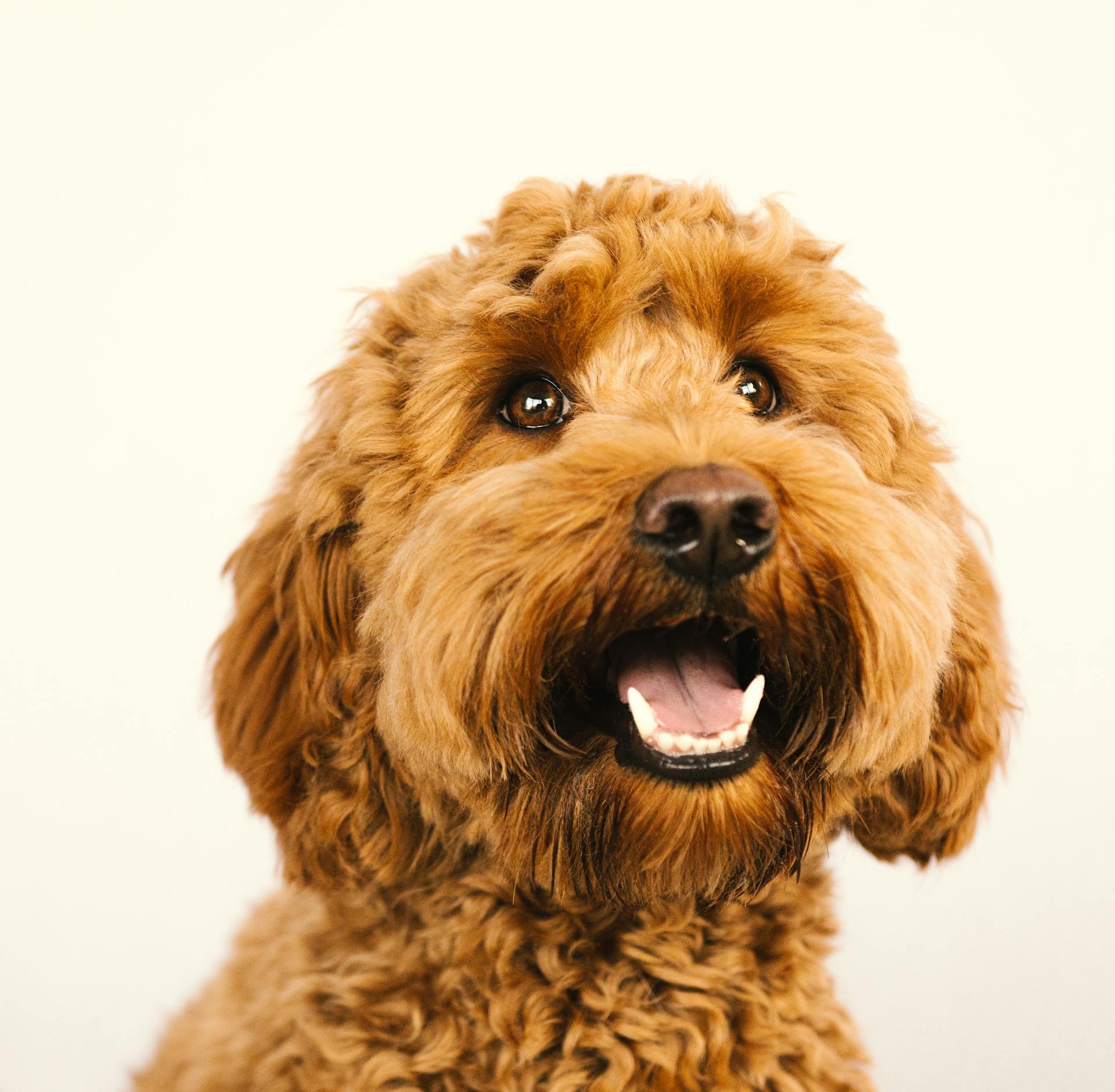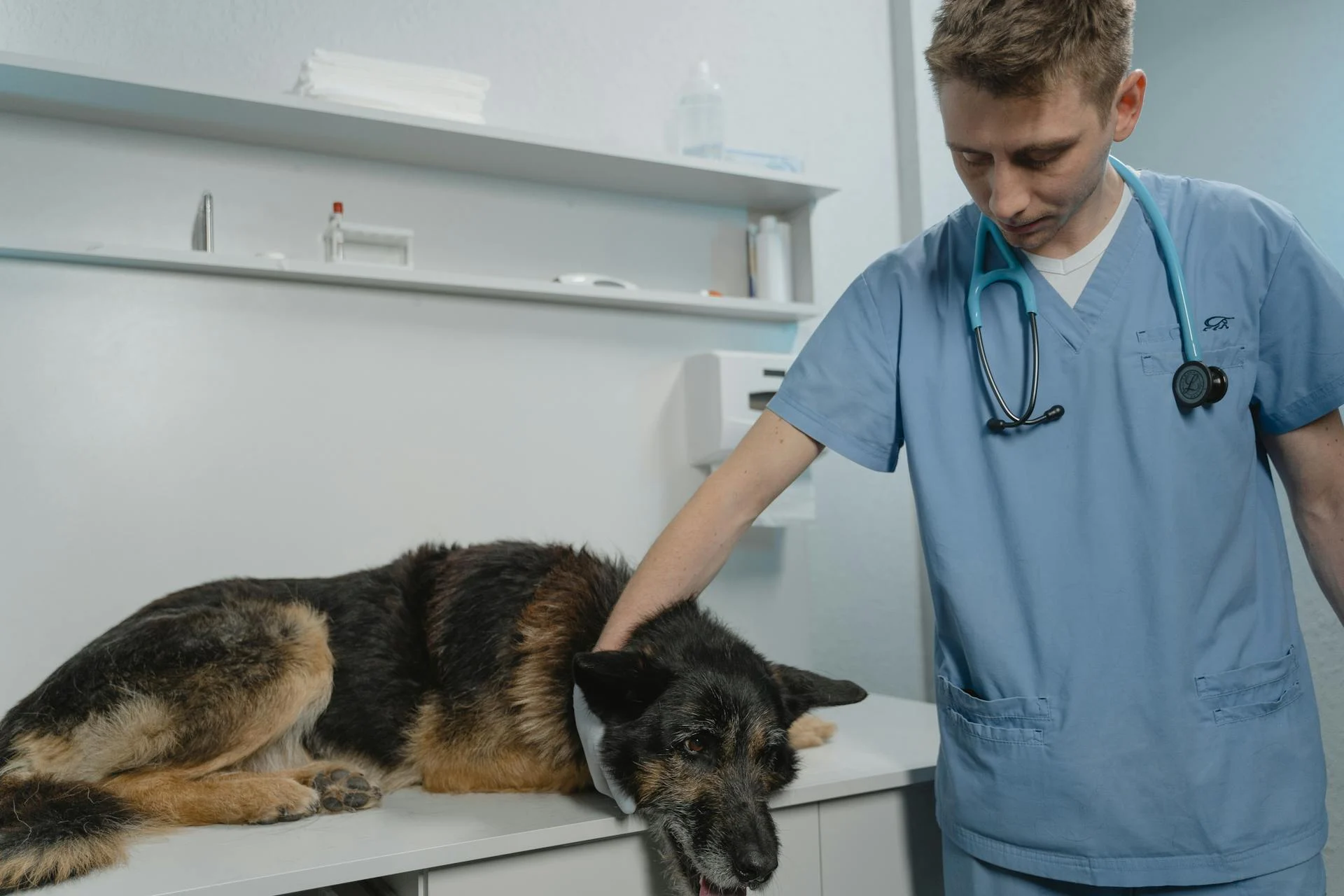
Shih Tzus are prone to being picky eaters, which can lead to nutritional deficiencies and health problems if not addressed.
Their small stomachs and high metabolism require frequent, balanced meals to maintain their energy levels.
Feeding them a varied diet with a mix of high-quality protein, complex carbohydrates, and essential vitamins and minerals can help prevent pickiness.
Shih Tzus are also known to be sensitive to certain ingredients, such as beef, dairy, and gluten, which can exacerbate digestive issues and make them even more finicky.
Understanding Your Dog's Appetite
If your Shih Tzu is a picky eater, it's essential to consider their environment and how it impacts their appetite.
A consistent feeding routine can help avoid picky eating behavior, so set and stick to a mealtime schedule to the degree possible.
Leaving food out for too long encourages bad eating habits and can be unsanitary, so take the bowls away if your dog doesn't eat anything within 15 to 20 minutes.
Stress, absent pet owners, or social and emotional upheaval can also affect your dog's appetite, so try to maintain a stable daily routine.
If your dog has a complete and balanced diet, a healthy weight, and normal stool, then their appetite is likely fine.
However, if your dog has dietary sensitivities or food allergies, it could explain their pickiness.
To avoid problems like gastroenteritis, make any changes to your dog's diet gradually, transitioning between one type of food to another over the course of a few days.
If your dog suddenly becomes finicky about their food, it's more concerning from a medical standpoint, especially in puppies, who have fewer reserves.
If an adult dog's appetite doesn't return to normal after 48 hours, contact your veterinarian.
Here are some key indicators to determine if the issue is behavioral or health-related:
- Consistent pickiness in a healthy dog may indicate a character trait.
- Sudden pickiness in a dog warrants a vet visit within 24 hours (sooner if not eating or drinking).
By understanding these factors, you can better address your Shih Tzu's picky eating habits and ensure they're getting the nutrition they need.
Factors Affecting Appetite
Genetics can play a role in your Shih Tzu's eating habits, with some breeds like Pugs and Labradors known for having ravenous appetites.
If your Shih Tzu takes longer than 20 minutes to finish its food, it may be a sign of picky eating.
Dogs that refuse to eat their own food but are happy to accept human table scraps are also more likely to be considered picky eaters.
Related reading: What Does Shih Tzu Eat
Is My Dog Normal?
Some dogs are naturally more ravenous than others, and it's not uncommon for breeds like Pugs and Labradors to have big appetites.
Dogs with fast metabolisms, like Sighthounds, tend to gain little to no weight, even if they eat a lot.
A good indicator of whether your dog is a picky eater is how long it takes them to finish their food. If it takes more than 20 minutes, they might be considered a picky eater.
Dogs that refuse to eat their own food but are happy to accept human table scraps could also be picky eaters.
Environmental Impact on Appetite
Your dog's eating habits are more influenced by their environment than you might think. A consistent feeding routine can make a big difference in avoiding picky eating behavior.
Set a mealtime schedule and stick to it as much as possible. This will help your dog understand when it's time to eat. If you're away from home, consider setting up a feeder that dispenses food at regular intervals.
Leaving food out for too long is not only bad for your dog's eating habits, but it's also unsanitary. Dr. Klein recommends taking away uneaten food after 15 to 20 minutes.
Stress, absent owners, or changes in a pet's daily routine can also impact appetite. If you notice your dog's eating habits changing, try to identify the source of the stress or disruption.
Here are some tips for creating a consistent feeding routine:
- Set and stick to a mealtime schedule
- Leave food out for no longer than 15 to 20 minutes
- Take away uneaten food
- Don't give your dog more food or treats until the next scheduled feeding time
Common Dog Breeds
Some dog breeds are naturally more inclined to be picky eaters than others, particularly small breeds. The Yorkshire Terrier, Shih Tzu, and Standard Poodle are often cited as examples of breeds that can be finicky about their food.
While these breeds are more commonly associated with picky eating, all breeds of dogs can become picky eaters as they age. Older dogs often develop sensitive stomachs, making them less likely to eat certain types of food.
Here are some common dog breeds that are known to be picky eaters:
- Yorkshire Terrier
- Shih Tzu
- Standard Poodle
- Pekingese
- Cocker Spaniel
- Bichon Frise
- Boston Terrier
- Maltese
- Greyhound
- French Bulldog
- Pug
These breeds may require special attention and care when it comes to their diet, but with the right approach, they can thrive.
Health and Nutrition
If your Shih Tzu is a picky eater, it's essential to monitor their appetite closely. Consult your veterinarian if your dog experiences a significant appetite change that lasts longer than 12 to 24 hours and doesn't return to normal.
Some health issues that can result from picky eating include malnutrition, gastrointestinal upset, and weight loss. Even if picky eating is not caused by a health problem, it can still lead to these complications.
Picky eating can also lead to pancreatitis, which may manifest in symptoms such as abdominal pain, vomiting, diarrhea, loss of appetite, dehydration, weakness, lethargy, and fever.
To help your Shih Tzu eat better, set strict feeding times and don't free-feed. If your dog is a picky eater, feeding at the same times every day can help them understand when it's time to eat.
Here are some tips to help your Shih Tzu overcome picky eating:
- Set strict mealtimes and don't free-feed pets.
- Minimize treats and only give them during training purposes.
- Add an enticing topper like Parmesan cheese or bone broth to their regular meals.
- Feed your dog the right amount to maintain their weight.
What Causes Hunger?
Hunger in dogs is a natural response to their body's needs, but it can be influenced by their personality and environment. Picky eating, for example, is a common issue in small breed dogs.
Some breeds, like the Basenji, Siberian Husky, and Yorkie, are notorious for being picky eaters.
Feeding behaviors can also contribute to picky eating in dogs. Giving too many treats or overfeeding table scraps can make them finicky about their food.
Consistently changing a dog's food can cause them to be picky, as they may become accustomed to a particular brand or flavor.
Health Risks of Eating
Picky eating in dogs can lead to some serious health issues. Dr. Romero says that the most common health issues he's seen in practice are malnutrition, gastrointestinal upset, and weight loss.
Dogs don't need varied meals each day, and abrupt changes in their diet can reinforce pickiness and sometimes result in diarrhea. If your dog is consuming too much fatty food, it can cause pancreatitis, which may manifest in symptoms such as abdominal pain, vomiting, diarrhea, loss of appetite, dehydration, weakness, lethargy, and fever.
Malnutrition can occur if your dog is not eating their main meals, and excessive treat-giving can cause weight gain and nutritional imbalance. Dr. Romero warns that giving treats routinely throughout the day can lead to the pet feeling satiated and result in the pet not wanting to eat their breakfast or dinner.
Here are some potential health issues that can result from picky eating:
- Malnutrition
- Gastrointestinal upset
- Weight loss
- Pancreatitis
- Malnutrition
If your dog is experiencing digestive upset or appears uninterested, it's a good idea to go back a few steps and start again. You may also try gently warming the food for added aroma. Remove any uneaten food after 20 minutes to prevent spoiling.
Frequently Asked Questions
How to make a picky Shih Tzu eat?
Add freeze-dried dog food toppers or small amounts of protein like chicken, eggs, or ground beef to their meals to make them more appealing, but be aware they may still pick out the good stuff
What is the favorite food of Shih Tzu?
Shih Tzus thrive on a diet rich in protein from meats like beef, lamb, and chicken, as well as omega-3 and -6 fatty acids for optimal health. A balanced diet with these essential nutrients is key to keeping your Shih Tzu happy and healthy.
Featured Images: pexels.com


